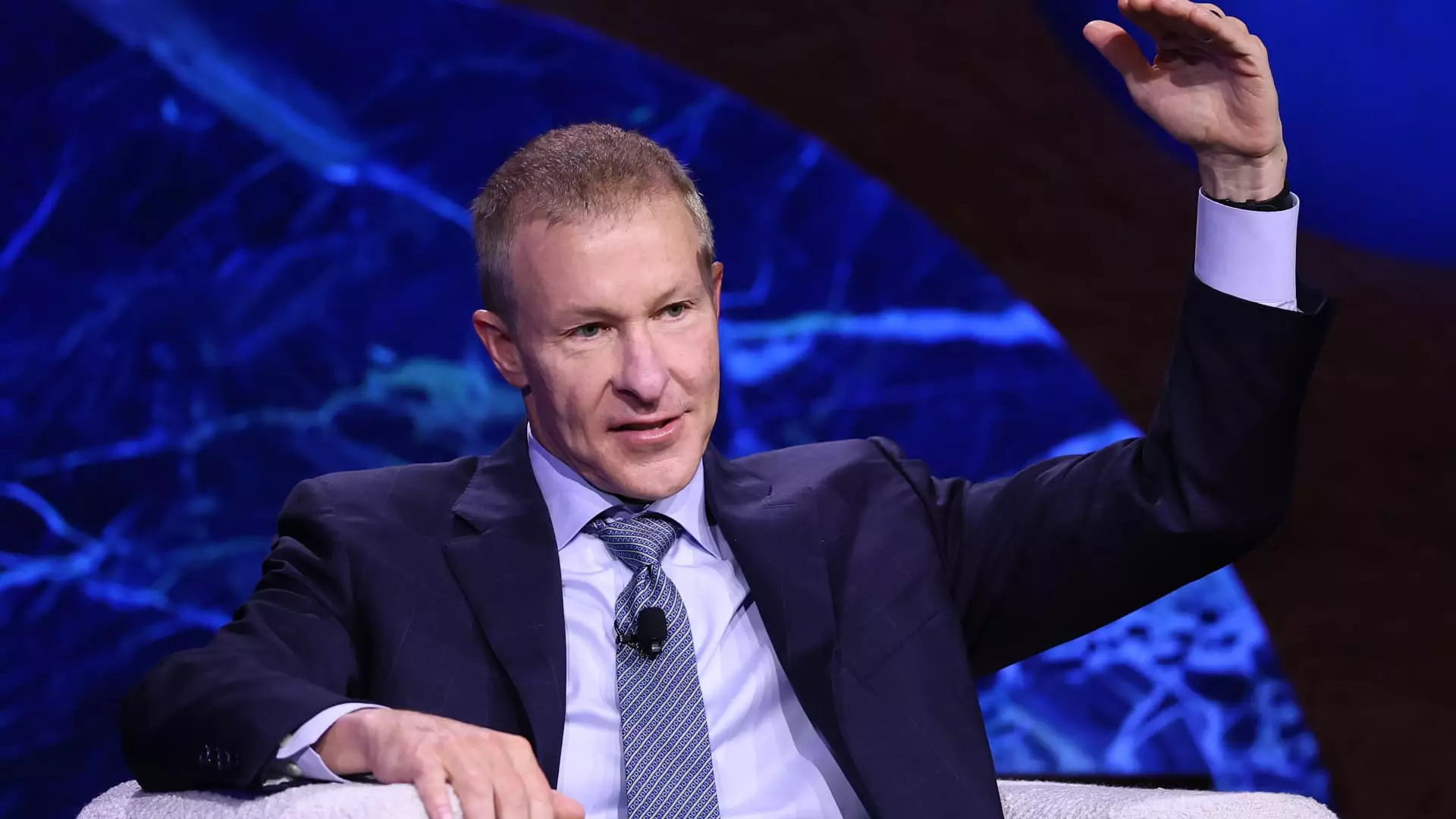The airline industry is currently caught in a peculiar turbulence. While many carriers have been forced to rein in their expansion and cut fares due to an oversupply of flights, United Airlines has boldly charted a different course. Instead of succumbing to industry-wide cutbacks, United is leveraging its strategic focus on customer experience and technological innovation to stand out. This approach not only defies the prevailing trend but positions United as a resilient force capable of thriving even during downturns. The underlying message is clear: in an industry accustomed to commodified air travel, loyalty and quality can forge a competitive advantage.
This divergence highlights two critical realities. First, the market now rewards airlines that cultivate customer loyalty through superior services and personalized experiences. Second, technological advancements—ranging from in-flight amenities to digital connectivity—are becoming central to consumer preference. United’s focus on these factors suggests that the airline industry’s evolution is less about price wars and more about creating an experience that justifies higher fares and engenders loyalty.
United’s Strategic Advantages: A Lesson in Differentiation
Scott Kirby, CEO of United Airlines, emphasizes that the company’s growth trajectory outpaces larger rivals like Delta and American because of its targeted investments in product quality and network expansion. Unlike many competitors who perceived air travel as a commodity, United recognizes that customers are increasingly willing to pay for comfort, connectivity, and personalized service. This mindset shift is evident in United’s ongoing fleet upgrades, modernized cabin interiors, and technological enhancements like Bluetooth connectivity and seat-back screens.
Kirby’s assertion that loyal brands display resilience during economic downturns resonates deeply. It underscores the importance of building a brand identity rooted in reliability and premium service, which encourages consumers to choose your airline despite cheaper alternatives. United’s optimistic outlook for 2025, aiming for a capacity increase of nearly 6% domestically, reflects confidence in this strategy. The airline’s willingness to invest heavily in product differentiation demonstrates a clear understanding: winning customer loyalty is not a one-time effort but a continuous investment in quality.
Challenging the Discount Breed
One of United’s most pointed critiques is directed at ultra-discount airlines such as Spirit, which is struggling and recently filed for bankruptcy. Kirby’s dismissive stance—predicting Spirit’s exit from the market—reveals a fundamental belief that cheap fares alone cannot sustain long-term viability in a market that values experience and service.
This stance is provocative but also strategic. United is positioning itself as the premium alternative, emphasizing the importance of offering more than just low prices. By upgrading cabins and expanding premium seating options, United acknowledges that an increasing number of travelers are willing to pay more for comfort, space, and better amenities. This approach highlights a fundamental industry shift: the future belongs to those who can blend quality with value rather than competing solely on price.
The Power of Customer Loyalty and Premium Experiences
Delta Airlines offers a compelling illustration of this philosophy, with its revenue model heavily reliant on outside-of-consumer fares such as loyalty programs and premium seating. Glen Hauenstein’s remarks about record numbers of premium seats highlight the industry’s transition toward a segmentation strategy—catering to travelers willing to pay a premium for superior service.
United is evidently following this trend, understanding that loyalty programs, enhanced onboard experiences, and personalized service are invaluable assets. These factors foster repeat business, differentiate the airline from its competitors, and generate higher revenues. In a landscape where commodification has long been dominant, United’s strategy suggests a return to values of quality, personalization, and brand loyalty.
Final Reflection: The Future of Air Travel Will Be Defined by Experience
As the airline industry continues to evolve, United’s approach underscores a critical insight: the future belongs to those who prioritize customer experience over short-term cost-cutting. By investing in aircraft interiors, digital innovation, and premium offerings, the airline is not merely reacting to market conditions but shaping them. This proactive stance is poised to redefine industry standards, illustrating that resilience and growth are achievable through differentiation, technological innovation, and unwavering focus on loyalty development. In this new era, the airlines that understand the intrinsic value of comfort and personalized service—like United—are positioned to lead the charge.


Leave a Reply